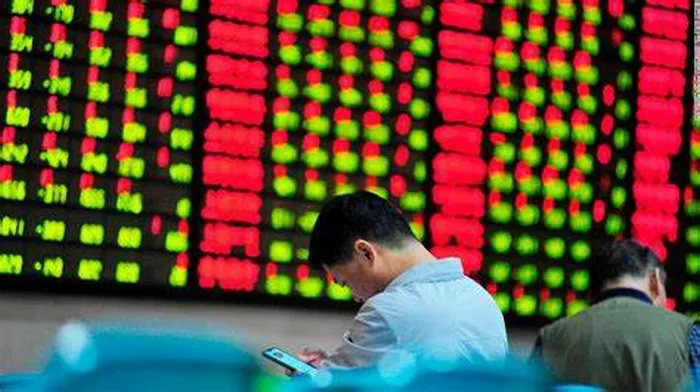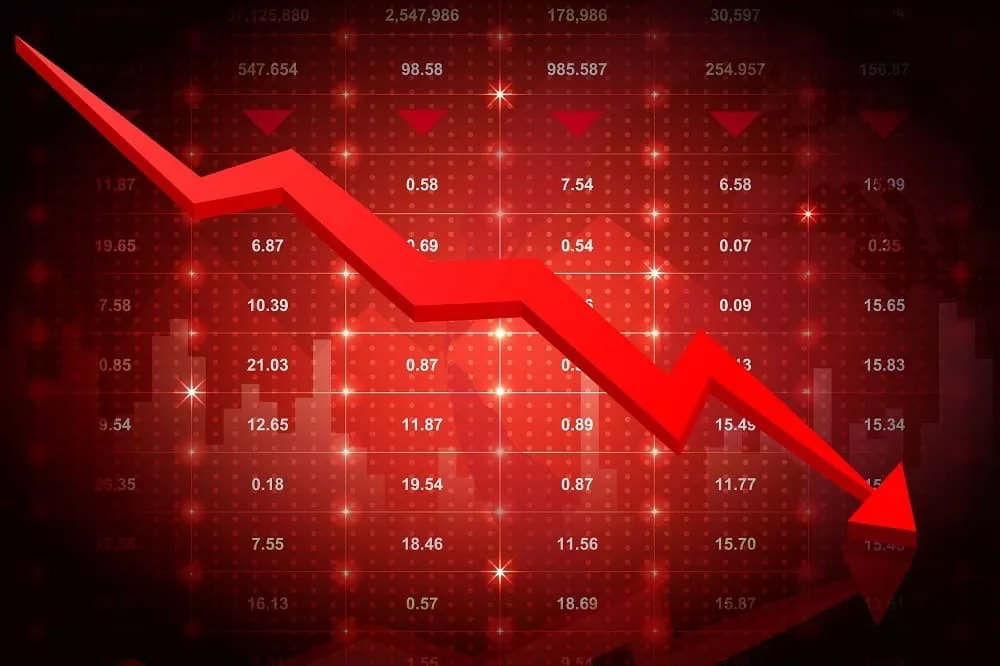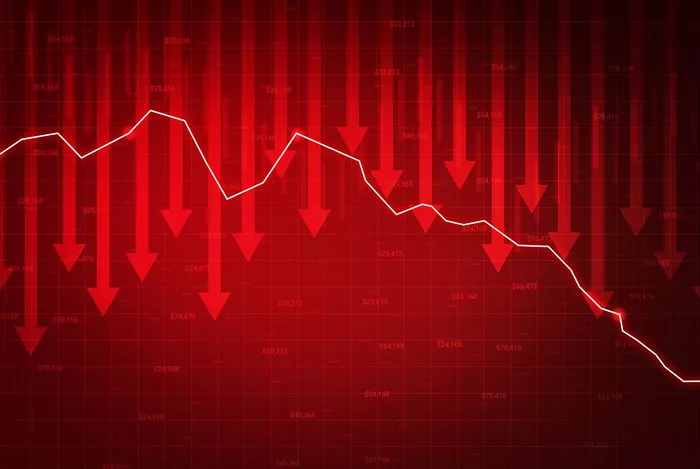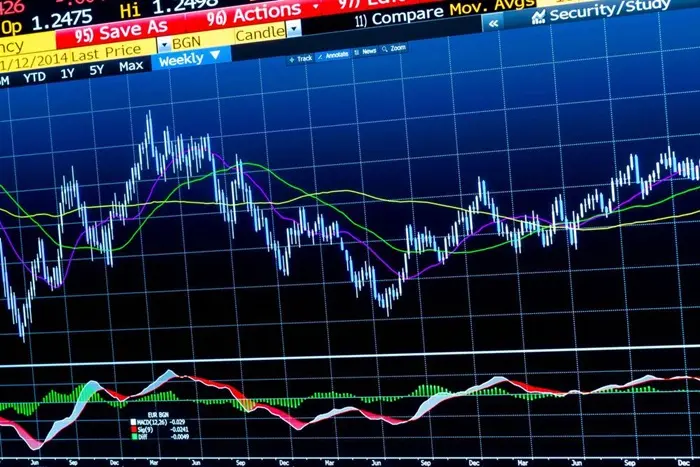Asian stock markets experienced significant losses on Monday, with Tokyo’s Nikkei 225 falling by over 4% following a sharp retreat in Wall Street markets.
Worries Over Inflation and Economic Slowdown
Concerns about a toxic mix of rising inflation and a slowing U.S. economy have gripped investors. Household spending in the U.S. has stalled, partly due to fears surrounding the ongoing trade war. U.S. futures and oil prices also declined, adding to the unease.
Thailand’s SET index dropped 0.9% after a powerful earthquake in Myanmar caused widespread destruction. The earthquake affected neighboring countries, including Bangkok, where a high-rise office building under construction collapsed.
Major Asian Markets Struggle
Tokyo’s Nikkei 225 plunged 4.1%, closing at 35,615.15.
Hong Kong’s Hang Seng lost 1%, finishing at 23,200.65.
The Shanghai Composite fell 0.5% to 3,333.66.
South Korea’s Kospi dropped 2.6% to 2,492.49.
Australia’s S&P/ASX 200 sank 1.6% to 7,856.80.
Taiwan’s Taiex fell 3.4%.
Wall Street’s Recent Woes
The downturn in Asian markets followed a grim performance on Wall Street. On Friday, the S&P 500 dropped 2% to 5,580.94, marking one of its worst days in two years. It was the fifth consecutive losing week for the index.
The Dow Jones Industrial Average lost 715 points, or 1.7%, closing at 41,583.90.
The Nasdaq composite dropped 2.7%, closing at 17,322.99.
Despite strong earnings reports from companies like Lululemon Athletica, which posted a stronger-than-expected profit, stocks in the retail sector fell. Lululemon’s stock dropped 14.2%, and Oxford Industries, behind brands like Tommy Bahama and Lilly Pulitzer, saw a 5.7% drop.
Trade War Fears Affecting Consumer Behavior
A major worry on Wall Street is President Donald Trump’s escalating tariffs, which may lead U.S. consumers and businesses to reduce spending. Even if tariffs are less damaging than expected, the uncertainty surrounding them could negatively impact the economy.
A recent report revealed that U.S. consumers are becoming more pessimistic about their financial future. According to a survey by the University of Michigan, two-thirds of consumers expect unemployment to rise in the year ahead. This marks the highest level of concern since 2009 and signals potential challenges for the job market, which has been a key factor in sustaining the U.S. economy.
Additionally, inflation concerns are rising as an underlying measure of inflation exceeded economists’ expectations last month.
Potential Return to Interest Rate Cuts
The Federal Reserve may consider cutting interest rates again, following actions taken late last year. While such cuts could support the economy and financial markets, they could also contribute to higher inflation, which is already above the Fed’s target of 2%.
If inflation remains high while the economy and job market weaken, it could result in “stagflation,” a challenging economic scenario. Policymakers have limited tools to address this issue.
Struggles in Key Sectors
Several sectors have been hit hard by the market downturn, particularly those reliant on consumer confidence. Companies like Delta Air Lines, Caesars Entertainment, and Domino’s Pizza all saw declines of around 5%.
Big Tech stocks, including Apple and Microsoft, also faced significant losses. These companies, which had benefitted from the recent AI technology boom, saw their prices fall sharply as investors raised concerns about their high valuations.
Utilities Show Resilience
On the other hand, some sectors have shown resilience in the face of market volatility. Utilities, which tend to perform well regardless of the economic climate, were among the few rising stocks. American Water Works, for example, rose by 2.2%.
Global Markets Brace for Further Uncertainty
As the April 2 deadline for additional tariffs approaches, global markets are likely to remain volatile. President Trump has referred to the day as “Liberation Day,” when new tariffs will be introduced for each of the U.S.’s trading partners.
Oil Prices and Currency Movements
In early trading on Monday, U.S. benchmark crude oil fell by 40 cents to $68.96 per barrel, while Brent crude dropped 36 cents to $72.40 per barrel.
The U.S. dollar weakened against the Japanese yen, falling to 148.86 yen from 149.84 yen. The euro rose slightly to $1.0838 from $1.0803.
As markets around the world remain under pressure, investors are closely monitoring developments in trade negotiations and economic reports that could shape the global financial landscape in the weeks ahead.
Related topics:




























